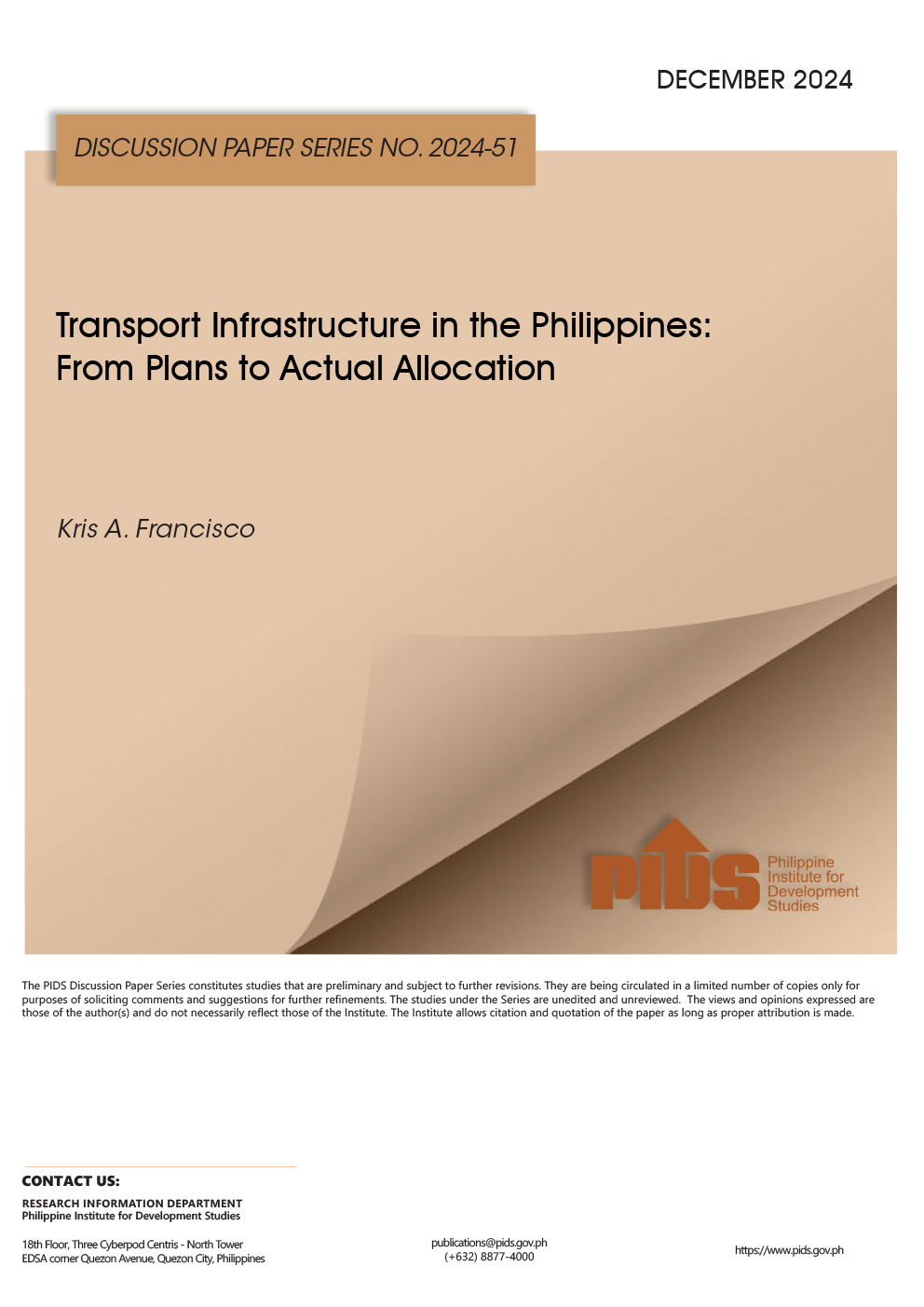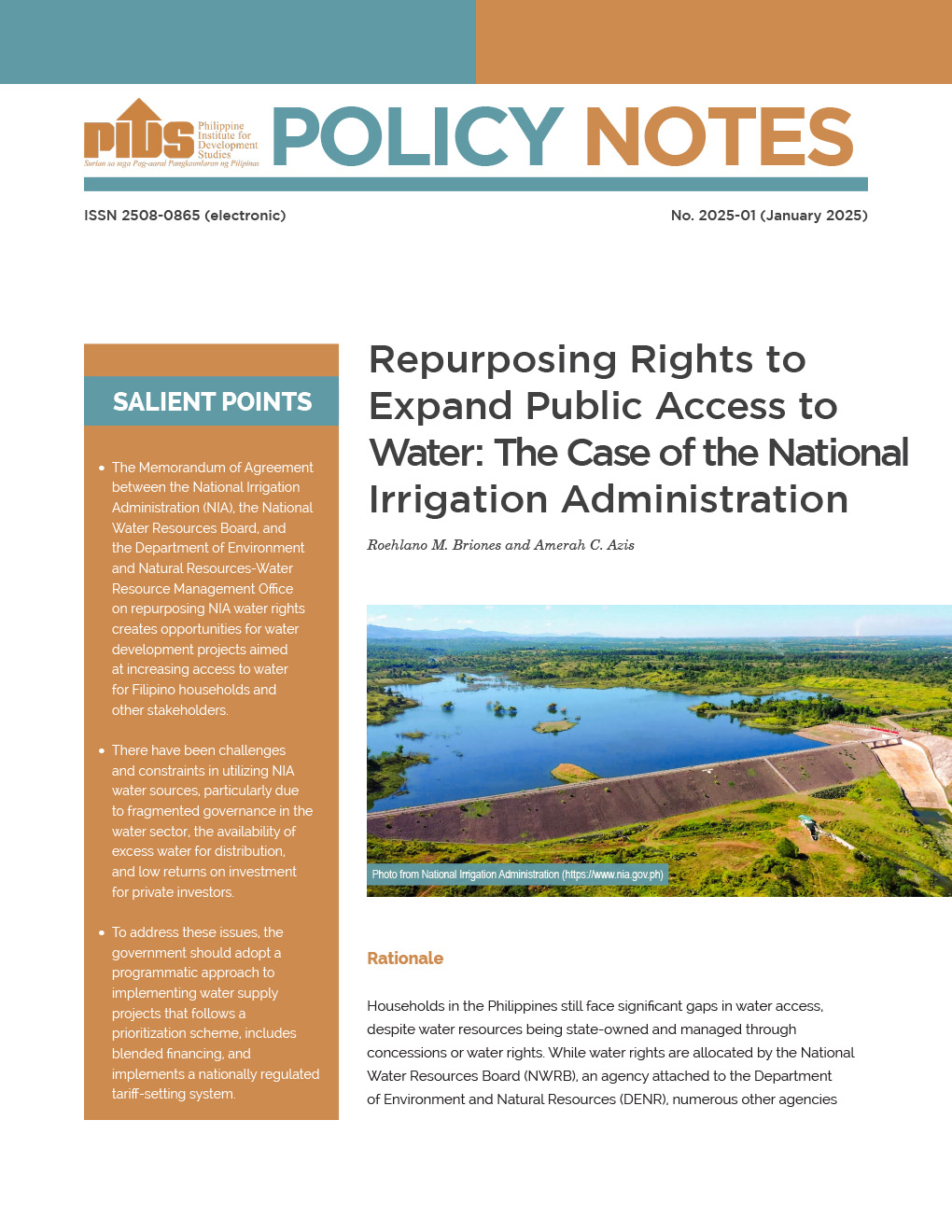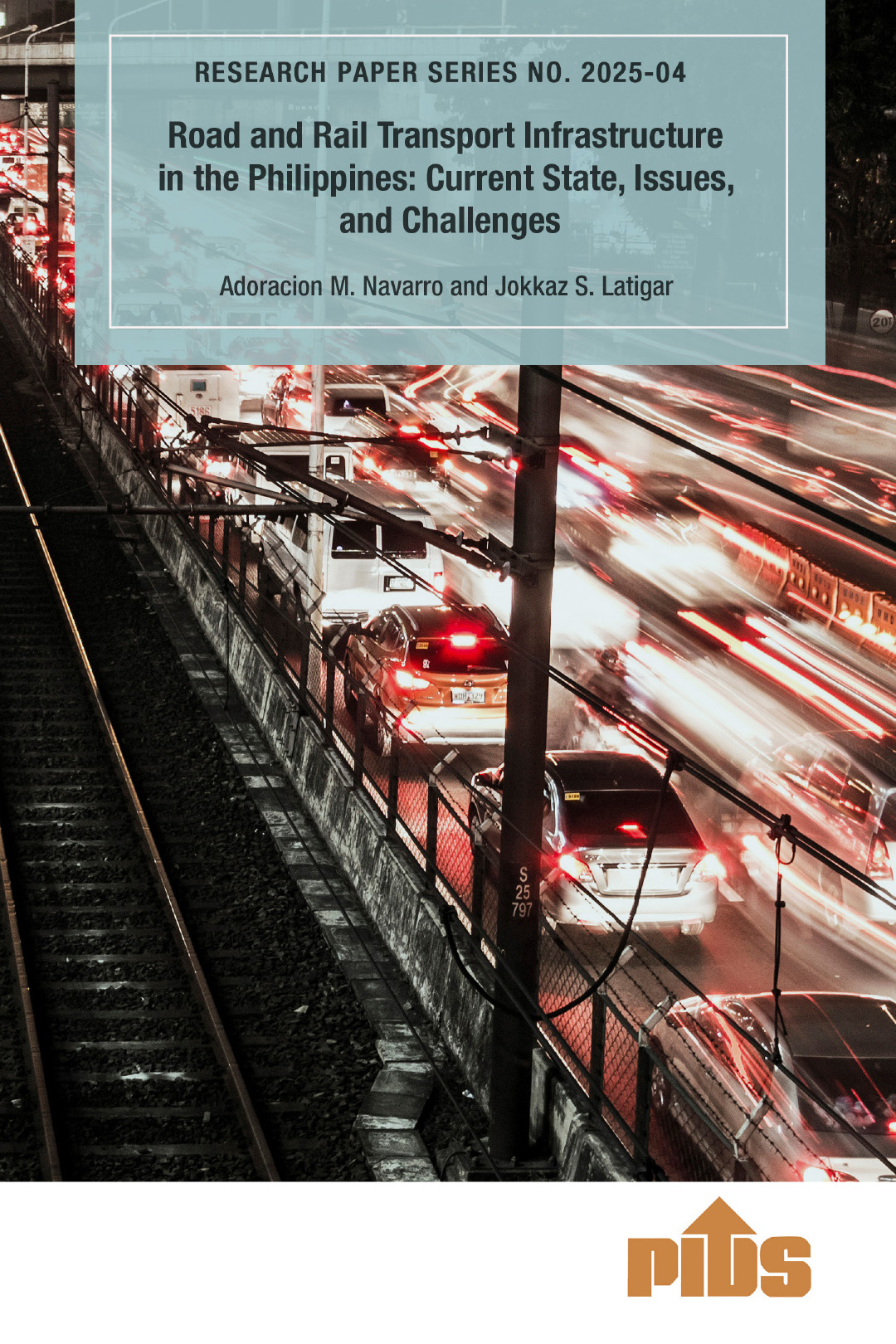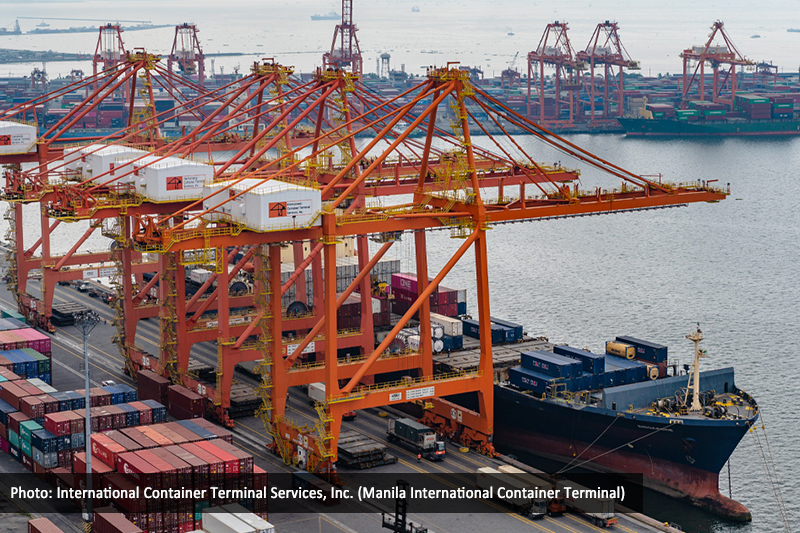Talks of reviving the Marcos era Oil Price Stabilization Fund (OPSF) have surfaced anew following the slew of oil price increases brought about by the Russia-Ukraine conflict.
No less than President Ferdinand “Bongbong” Marcos Jr. has considered subsidizing oil through the OPSF, which his father created in 1984 to cushion oil spikes.
A lawmaker, 1-Pacman Partylist Representative Mikee Romero similarly proposed the revival, saying there is a need for a “buffer fund” to absorb the price hikes, noting that prices would remain “volatile and elevated” because of the Russia-Ukraine war and the recovery of many countries from the coronavirus disease pandemic.
Establishing a buffer fund, according to Romero, would do away with frequent adjustments in the pump prices of oil products due to fluctuations in the cost of crude oil in the world market and in the peso-dollar exchange rate.
The fund, he said, could be sourced from higher excise taxes imposed on diesel, gasoline, cooking gas and other oil products under the Tax Reform Acceleration and Inclusion (TRAIN) Law.
He contended that since the government is not agreeable to the suggested imposition of excise taxes while the cost of crude is above $80 per barrel, the government could use part of these impositions as a price stabilization fund to provide relief to the public from increased fuel and consumer prices.
He also expressed hope that Marcos Jr. would be open to his proposal since it was his father who created the OPSF under Presidential Decree 1956.
Under the decree, the OPSF was sourced from fuel taxes and was used “to reimburse the oil companies for cost increases on crude oil and imported petroleum products resulting from exchange rate adjustment and/or increase in world market prices of crude oil.” The OPSF was authorized to invest in fixed-income instruments with the earnings accruing to the stabilization fund.
Marcos Jr. reportedly met with Energy officials last week to discuss ways that would help address the increase in oil prices. Just this week, he appointed Raphael Lotilla as the new Secretary of Energy.
While reviving the OPSF appears to be a tempting alternative to the skyrocketing oil prices, a government-run research agency, the Philippine Institute for Development Studies (PIDS), disagrees, saying the proposal is not an effective mechanism to tame soaring fuel prices and went on to caution the young Marcos from resuscitating such “cost subsidy” mechanism.
“It is not price stabilization that we should be targeting, it’s not the lower prices that should be the objective but fair prices,” the PIDS said.
A recent PIDS study concluded that reviving the OPSF will be anti-poor.
“The richest 20 percent, they’re spending on fuel is about 50 percent of the total fuel expenditure. Compare that with the poorest 10 percent. Their fuel spending is 1.39 percent. The second poorest decile — 2.67 percent. So, the poorest 20 percent, their total fuel spending is only close to four percent of the total fuel expenditure. So those who can very well afford fuel price increases will stand to benefit more if we will suspend the fuel excise taxes,” it said, citing figures from the Philippine Statistics Authority.
Instead of trying to stabilize the prices of oil to mitigate its effect on the economy, the study said the government should do the opposite and strengthen oil deregulation instead.
While the oil deregulation law never guaranteed lowering of prices, it did however promise “a truly competitive market under a regime of fair prices.”
Whether we will return to the old OPSF set-up or stick to the oil deregulation law depends now on where we are best suited as far as reviving the economy is concerned.
What is clear is for the present government to seriously consider the pros and cons of its action. As one expert observed, every time prices of fuel go up, or significant geopolitical events occur, the clamor and the noise to amend the oil deregulation law come alive, too.
Let us be wary of knee-jerk reactions. What we should do is seriously consider whether amending the law or reviving the OPSF as a reaction to global prices will do more harm than good.






